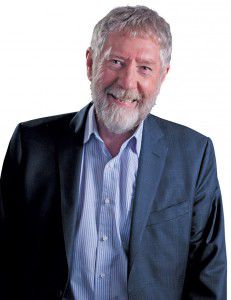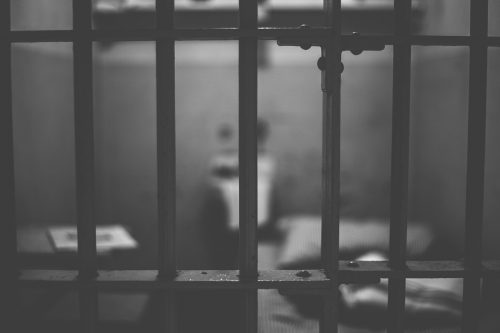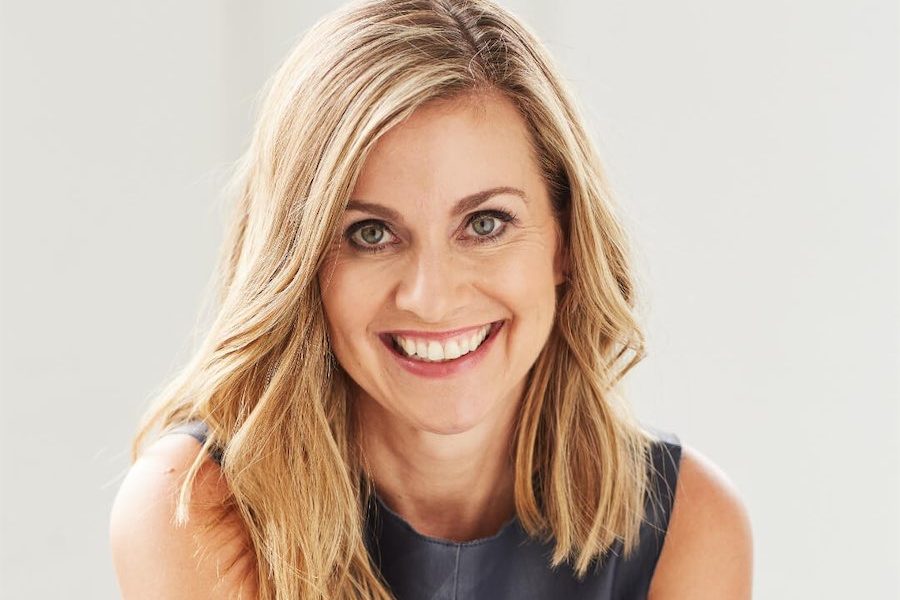REDUCING red tape has been the claim of governments over the last two decades. The current Federal government’s “cutting red tape” even has a “repeal day”.

However, the reality is different. The concept is often sold by appealing to the notion that more regulation equals less freedom – but protection of our freedoms are much more complex.
The government is willing to give a minister the power to remove fundamental rights of Australians on the grounds that they might cause harm by possibly posing a security threat. They even seek the power to do this without the appropriate checks and balances of a good democratic society, removing rights of appeal. This is the same government that seeks to reduce regulation, for example, on alcohol and food companies that are actually responsible for considerable harm and death.
The arguments around freedom and regulation often centre on personal responsibility. And taking personal responsibility is fundamental in a free society. However, there is also a duty of care for which governments have a responsibility. Advocates of small government, regularly citing “the nanny state”, attempt to shift the balance of responsibility from government to the individual. It is simply a cop-out for legislators. The exposure of an unsafe water supply in Flint, Michigan, illustrates the extreme outcome of “hands-off” government processes and reduced regulation.
The conservative side of politics has been somewhat more vigorous in its approach to deregulation than the progressives. However, the irony should not be missed that the focus is about deregulating controls on industry while seeking increasing controls on unions and individuals.
A much more honest approach would be to reduce claims that do not suit their particular ideology.
The Trans Pacific Partnership Agreement (TPP) that had its formal signing in NZ recently, and now awaits ratification by the Australian parliament, is also illustrative. This trade agreement cannot be described as “free trade” as was the case with the trade agreement of last century. Although there are some elements of free trade, it is strongly protectionist. The protectionism is no longer about national boundaries but rather shielding the interests of multinational conglomerates such as the international pharmaceutical companies.
Not only does the TPP have an impact on personal freedom, access to medicines and make the environment more vulnerable, it also removes government freedom by handing the ability to challenge legislative power to an international kangaroo court. The most divisive part of the TPP is the Investor State Dispute Settlement (ISDS) mechanism that allows an international tribunal with no independent judiciary, no precedents and no appeals, to challenge sovereign government decisions.
Conservative Prime Minister John Howard would not allow the mechanism in the Australia-US Free Trade Agreement.
The balance between personal responsibility and freedom of speech and association has also been highlighted by the moves in the UK to ban US Presidential hopeful, Donald Trump, from coming to that country. Freedom of speech and association in Australia is balanced against the rights of individuals and communities not to be vilified. This is why Immigration Minister Peter Dutton denied the strident US anti-abortionist Troy Newman the right to come to Australia in October and why the Australian courts upheld the decision on appeal.
Trump is unlikely to become the next US President. However, he has raised the spectre of where Australians are prepared to draw the line between personal freedom of speech and racism, sexism and religious animosity. Specifically, his vilification of Muslims, African Americans, Hispanics and women.
Whether it is regulation or vilification there is a balance between personal responsibility and good government stewardship. The challenge in an election year is to get governments to concentrate on their own responsibilities.
Michael Moore was an independent member of the ACT Legislative Assembly (1989 to 2001) and was minister for health.
Who can be trusted?
In a world of spin and confusion, there’s never been a more important time to support independent journalism in Canberra.
If you trust our work online and want to enforce the power of independent voices, I invite you to make a small contribution.
Every dollar of support is invested back into our journalism to help keep citynews.com.au strong and free.
Thank you,
Ian Meikle, editor





Leave a Reply